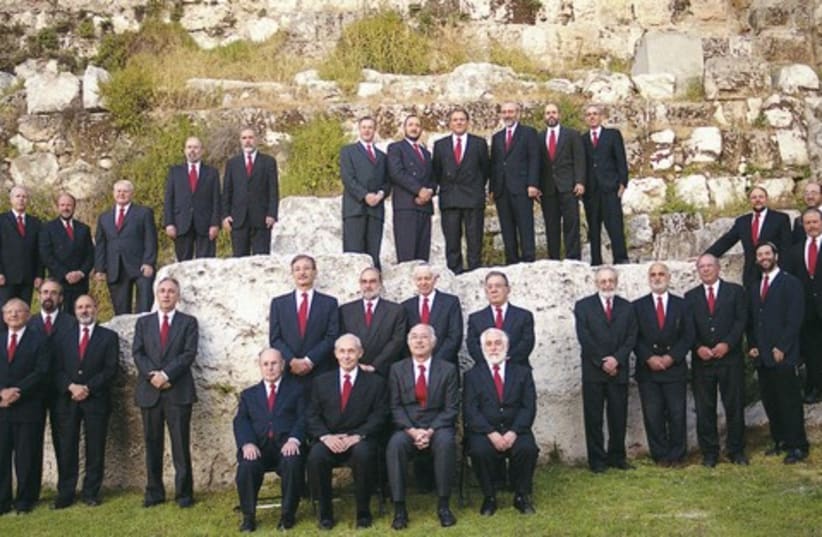For more information about The Stars of the New Generation of Chazanim concert: www.arts-festival.jerusalem.muni.il.
Eclectic liturgy
A novel concert at the Jerusalem Performing Arts Festival offers more than the usual cantorial music, but still includes some old favorites.

For more information about The Stars of the New Generation of Chazanim concert: www.arts-festival.jerusalem.muni.il.